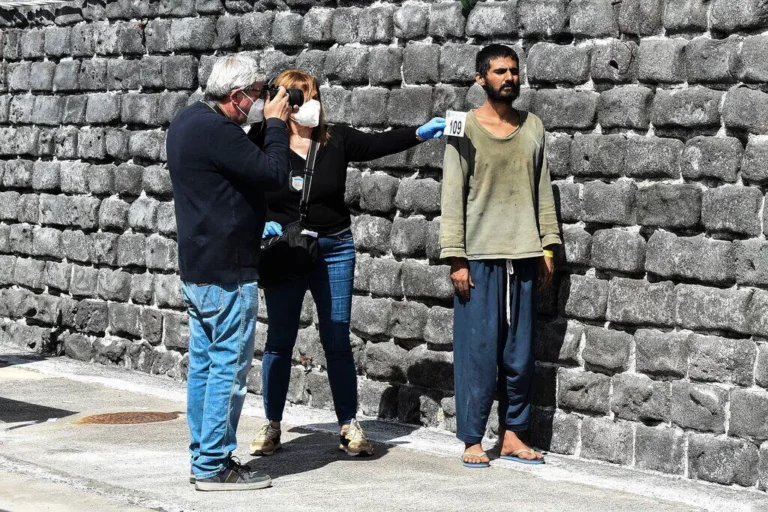European Court of Human Rights
European Court rebukes Hungary for wrongful deportation of Afghan student

Turkish Father deported from Hungary despite having Hungarian wife and daughter; lived there for 35 years: Is no immigrant safe?

Shocking: 19-year-old asylum seeker starved and illegally detained in a transit zone in Hungary

Woman in Hungarian prison with severe allergies given bread and lard to eat, loses 13 kgs

Mijatovic calls on Hungary parliament to reject sovereignty package

EU Court: Hungary to pay compensation to a refugee for assault

Strasbourg: Hungary violated the human rights of even underage migrants

Due to “racial segregation”, the European Court of Human Rights condemned Hungary in a case

Human rights committee wins in court against the Hungarian government

Court of Justice of the European Union takes action against Hungary

Court: Hungary responsible for the death of a 22-year-old Syrian migrant

EP votes to recommend freezing Hungary funding — UPDATED

Refugee family detained at Hungarian border for months wins lawsuit against the state

Teachers’ union to take all legal steps to defend right to strike!

Even a former Hungarian Prime Minister would put Putin on trial!

Teachers and students held demonstrations in Budapest

EU court ruling not implemented in Hungary – here is what the Committee of Ministers said

Strasbourg condemns Hungary for detaining Afghan family for 209 days





 ZH
ZH IT
IT DE
DE HR
HR NL
NL FR
FR JA
JA RO
RO RU
RU ES
ES TR
TR
